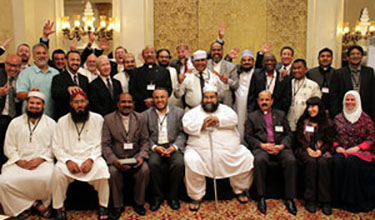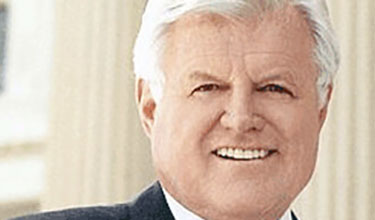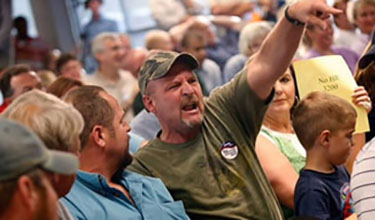The Key to Political Persuasion
Finding common ground without compromising fundamental principles is not something that magically happens. It can be particularly difficult in politics, but it is not impossible. Indeed, our organization has found it is always a very present possibility. But there are a number of keys to achieving it. In the following piece published in The New York Times on November 13th, Robb Willer, a professor of sociology at Stanford, identifies an important one: understand the values of those with views different than yours and craft your arguments accordingly. Even if not successful in persuading others, you will have contributed to an environment more likely to bring light, not heat to the debate. And that kind of environment is the petri dish in which common ground and consequent progress can germinate.











